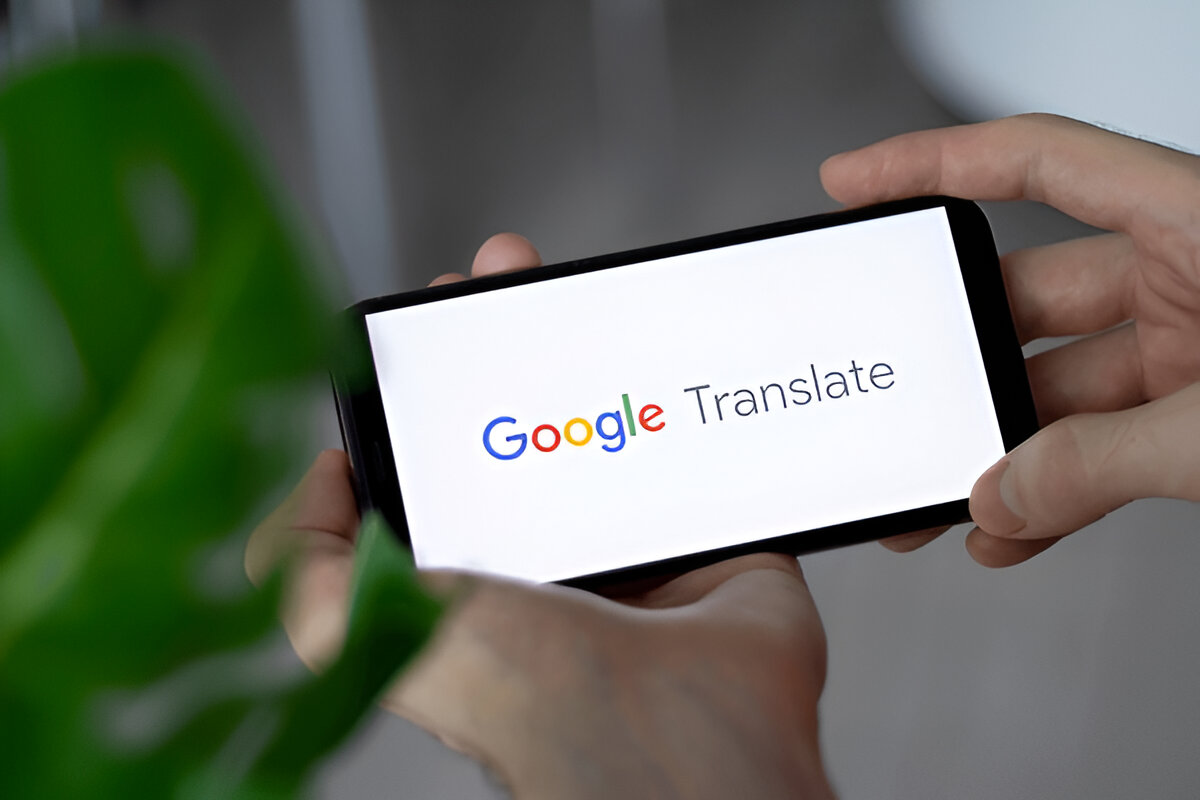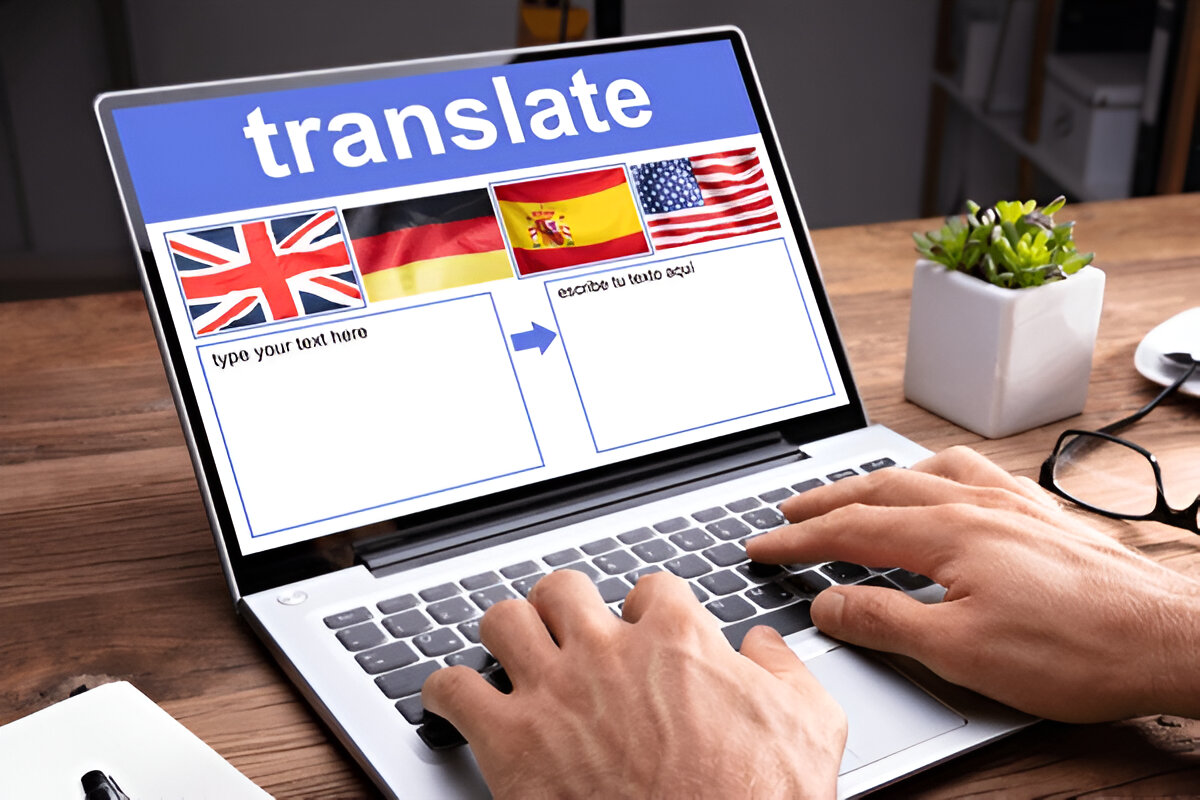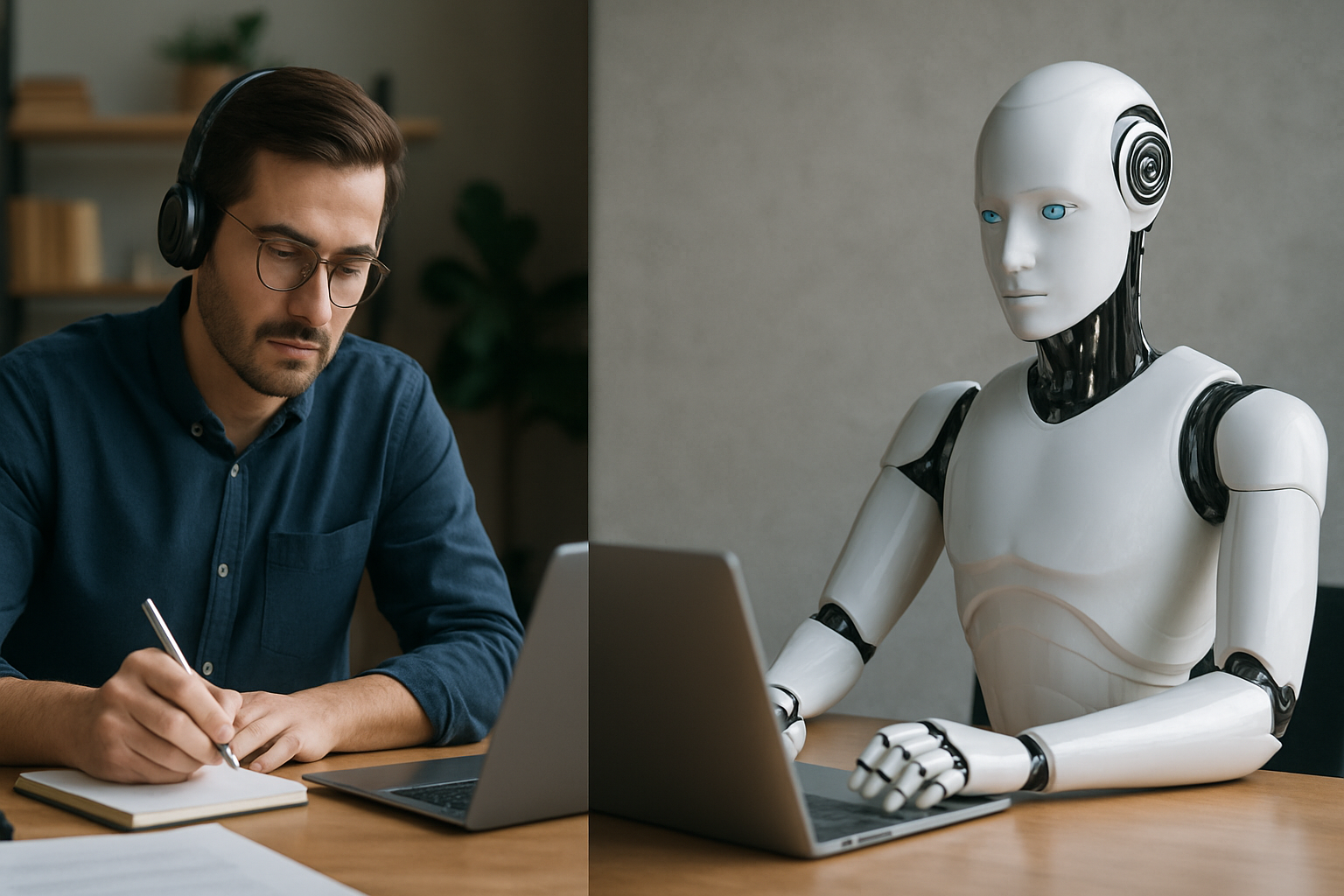Whether you’re an individual dreaming of mastering a new language, a professional aiming for international career heights, or a business ready to conquer new markets, you’ve probably heard the buzz: “Just use AI for translation!”
And yes, machine translation has come a long, long way. It’s fast, often free, and certainly convenient for a quick understanding.
But here’s the secret sauce that machines still can’t quite bottle: cultural nuance.
Imagine trying to bake a perfect soufflé with just a recipe and no understanding of oven temperatures or how to gently fold egg whites. That’s a bit like relying solely on AI for anything beyond the most basic translation.
Believing in truly impactful communication means going beyond words to capture the very soul of a message.
Why Your Message Needs More Than Just a Word-for-Word Swap 🔄
Think about it: language isn’t just about grammar and vocabulary. It’s a living, breathing entity, deeply intertwined with culture, history, and human emotion. It’s the jokes that only make sense if you grew up in a certain place, the polite phrases that show ultimate respect, or the subtle ways an offer is declined without causing offense. These are the elusive, yet powerful, cultural nuances that can make or break your communication.
A machine can translate “It’s raining cats and dogs,” but will it know to turn it into “Il pleut des cordes” (It’s raining ropes) in French, or will it literally translate “cats and dogs” and leave your French audience utterly bewildered?
This isn’t just a funny anecdote; it’s a critical point for individuals and businesses alike.

The Hidden Language of Culture 🎭
Every culture has its own unique way of expressing itself, beyond the dictionary definitions. This includes:
- Idioms and Slang: Phrases like “break a leg” or “spill the beans” are meaningless when translated literally. A human translator understands the underlying meaning and can find a culturally appropriate equivalent.
- Tone and Formality: In some cultures, direct communication is valued, while in others, indirectness and honorifics are crucial for politeness. Imagine a business proposal sounding rude because the AI didn’t grasp the required level of formality!
- Humor and Wordplay: What’s hilarious in one language can fall flat or even be offensive in another. Human translators are masters of “transcreation,” adapting the message to elicit the same emotional response.
- Non-Verbal Cues and Context: Gestures, body language, and even silence carry profound meaning that machines simply cannot interpret. A human translator considers the entire context, not just the text itself.
According to CSA Research., 75% of consumers prefer purchasing from websites in their native language, highlighting the importance of culturally accurate translations. This isn’t just about understanding the words; it’s about feeling understood and respected.

The Human Element: Your Secret Weapon for Global Success 🏆
While AI is fantastic for volume and speed, especially for informal communication or quickly grasping content, it’s the human nuance that truly connects. This is where professional human translators shine. They don’t just know words; they know people.
Think of a human translator as a cultural bridge builder. They understand the subtle layers of meaning, the unspoken rules, and the emotional weight of words in both the source and target languages. This is particularly vital for:
- Businesses: When expanding into new markets, your brand message, marketing campaigns, legal documents, and customer service need to resonate authentically. A mistranslated slogan can lead to embarrassment or even significant financial loss. As Laoret points out, “Misunderstanding these subtle differences can lead to damaged relationships and lost opportunities.”
- Individuals: Whether you’re submitting academic papers, translating sensitive personal documents, or crafting an important message to a loved one abroad, accuracy and appropriate tone are paramount. You want your true intentions to come across, not a garbled machine interpretation.
- Professionals: In fields like law, medicine, or highly technical industries, precision isn’t just a preference; it’s a necessity. Even a minor misinterpretation can have severe consequences.
A study from BINUS Journal, “The Impact of Machine’s and Students’ Translation on Accuracy of Roda Kehidupan,” notes that while machine translation has improved, it still struggles with semantics and pragmatics, leading to less accurate translations compared to human efforts.
This underscores the continued need for human review and expertise.

Comparing the Strengths: Human vs. Machine
Let’s visualize the differences where it matters most:
| Feature | Machine Translation (AI) | Human Translation (Professional) |
| Speed | 🚀 Extremely Fast (seconds to minutes for large volumes) | ⏱️ Slower (requires human thought and research) |
| Cost | 💰 Often Free or Low Cost | 💸 Higher Investment (reflects expertise and time) |
| Cultural Nuance | ❌ Limited, often misses subtle meanings and cultural context | ✅ Deep understanding, ensures cultural appropriateness |
| Accuracy | 📉 Varies, prone to errors in complex or nuanced texts | 📈 High, especially for specialized or sensitive content |
| Tone & Style | 🤖 Struggles to convey consistent tone or stylistic flair | ✨ Masters tone, style, and emotional impact |
| Context | 🧩 Often misses broader context, leading to awkward phrasing | 🧠 Interprets full context, delivers natural-sounding output |
| Creativity | ⚙️ Lacks creativity, produces literal translations | 🎨 Can transcreate, adapt humor, and truly localize content |
| Confidentiality | 🔒 May involve data privacy concerns for sensitive documents | 🤝 Adheres to strict ethical and confidentiality standards |
Table: A snapshot comparison of Machine vs. Human Translation strengths.
This isn’t to say AI is useless!
Many professional translators leverage AI tools for initial drafts, then apply their expertise to refine, localize, and infuse the all-important human nuance.
It’s a powerful combination: the speed of AI with the precision and cultural intelligence of a human.

Ready to Speak the World’s True Language? 🗣️
Whether you’re an individual seeking to express yourself authentically across languages or a business aiming for impactful international growth, don’t let the subtle yet critical element of cultural translation be lost in the age of automation. Choose the power of a real translator.
At Linguibex, we understand that effective global communication is about more than just words on a page. It’s about bridging cultures, fostering understanding, and building genuine connections.
Our team of expert human translators doesn’t just translate; they interpret, adapt, and localize your message to ensure it resonates deeply with your target audience, wherever they are in the world.
Ready to make your message truly understood? Let’s chat about how Linguibex can help you navigate the beautiful complexities of global communication. Get a free quote today!

